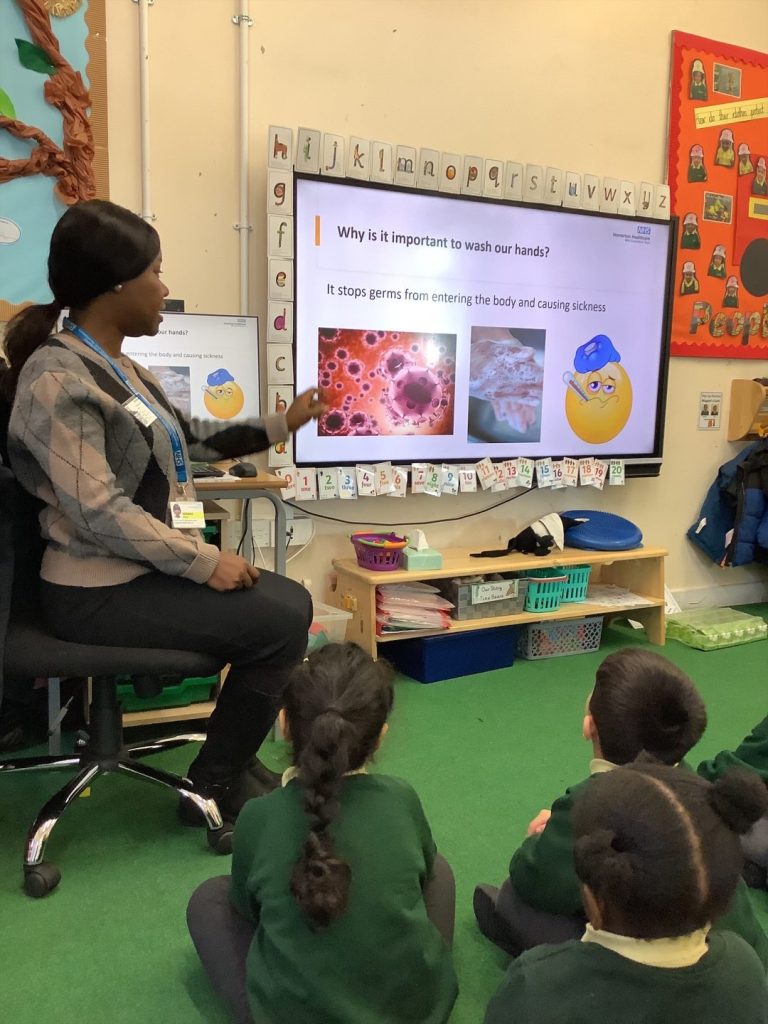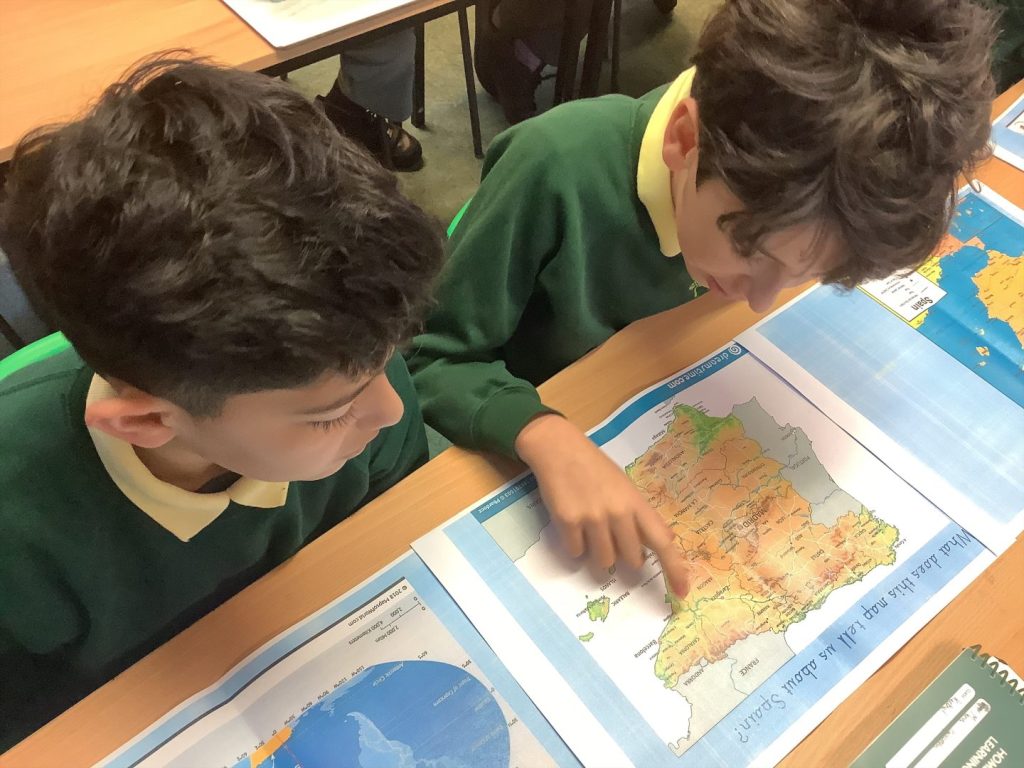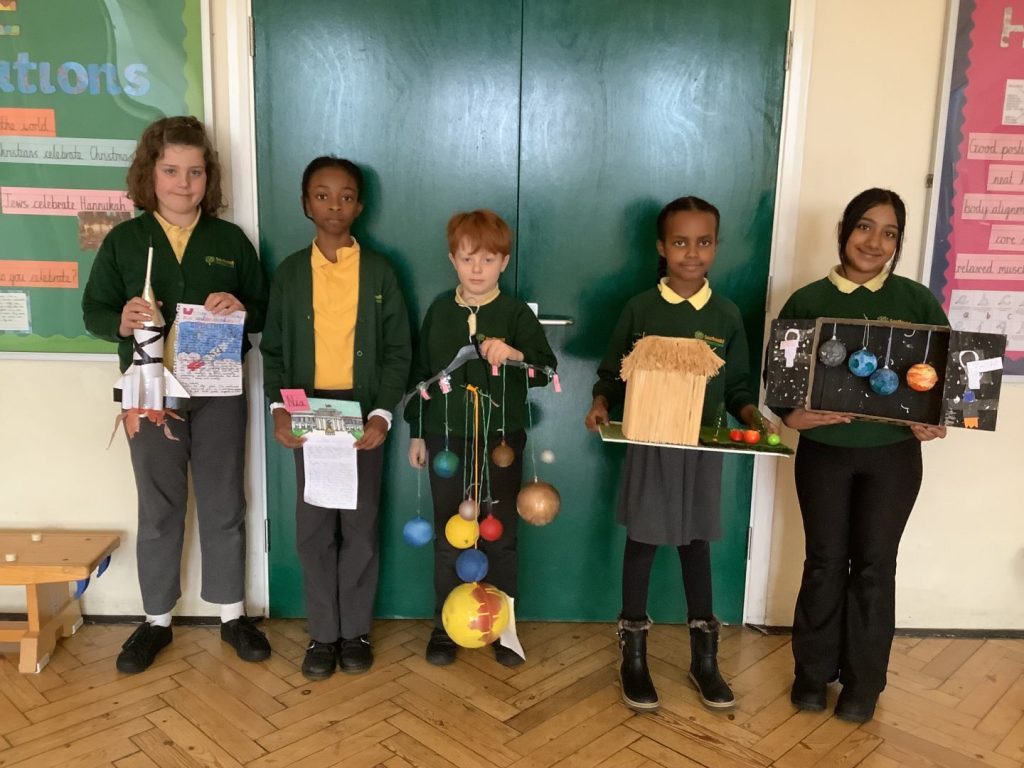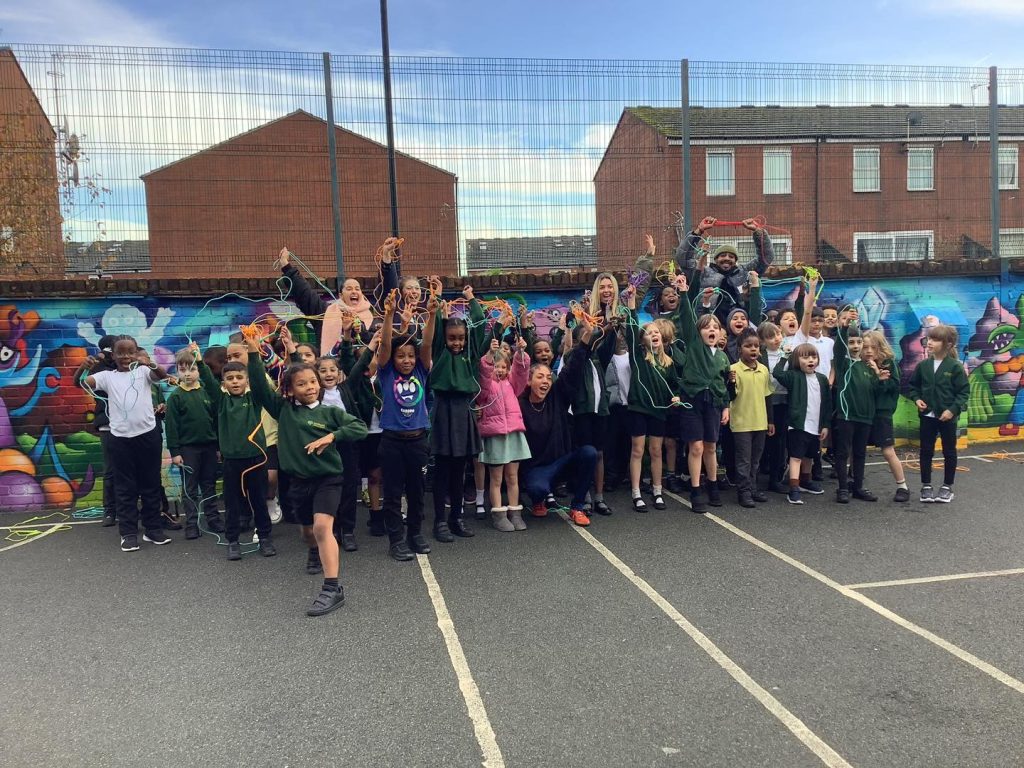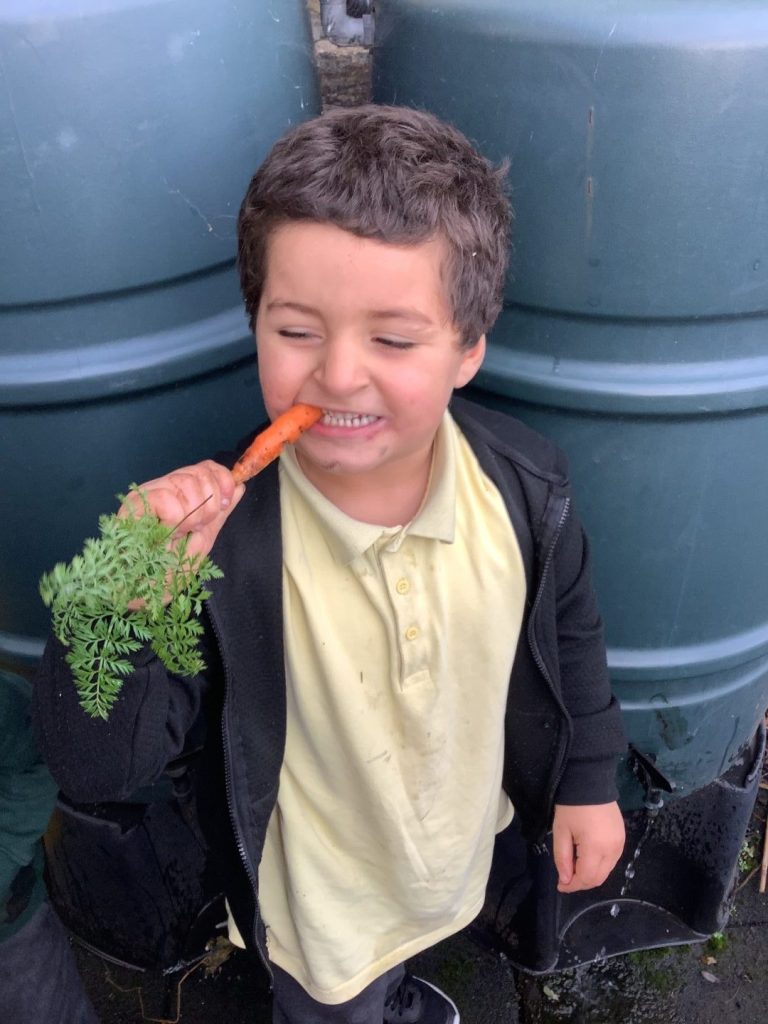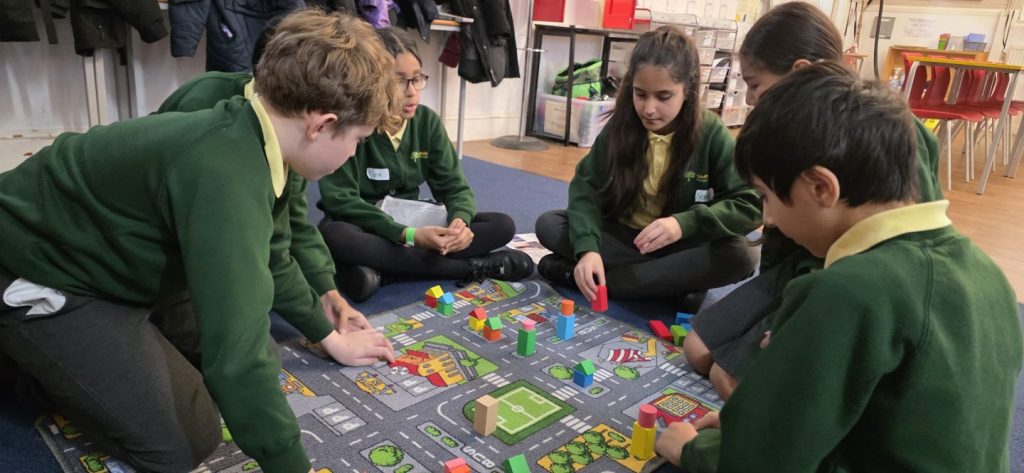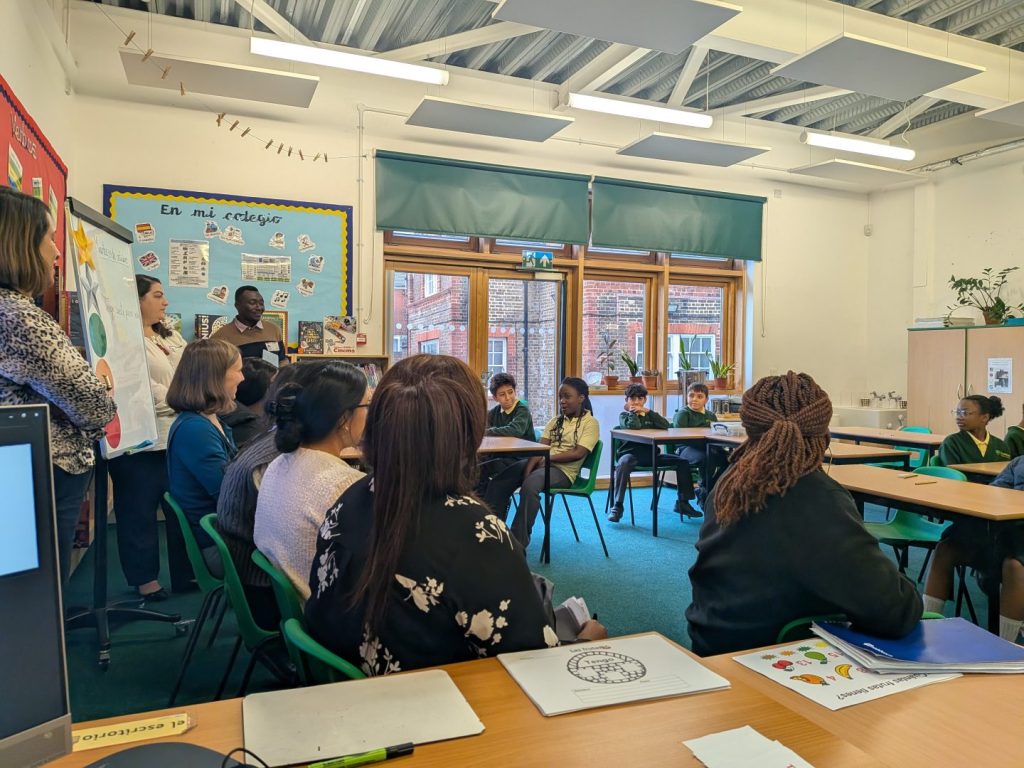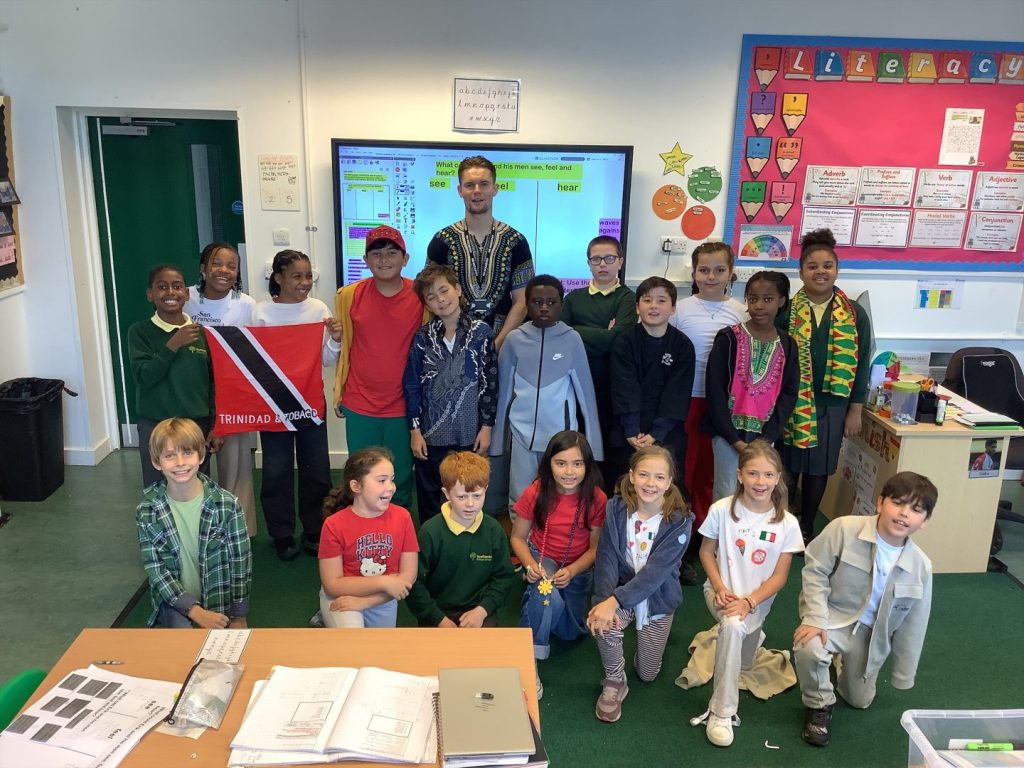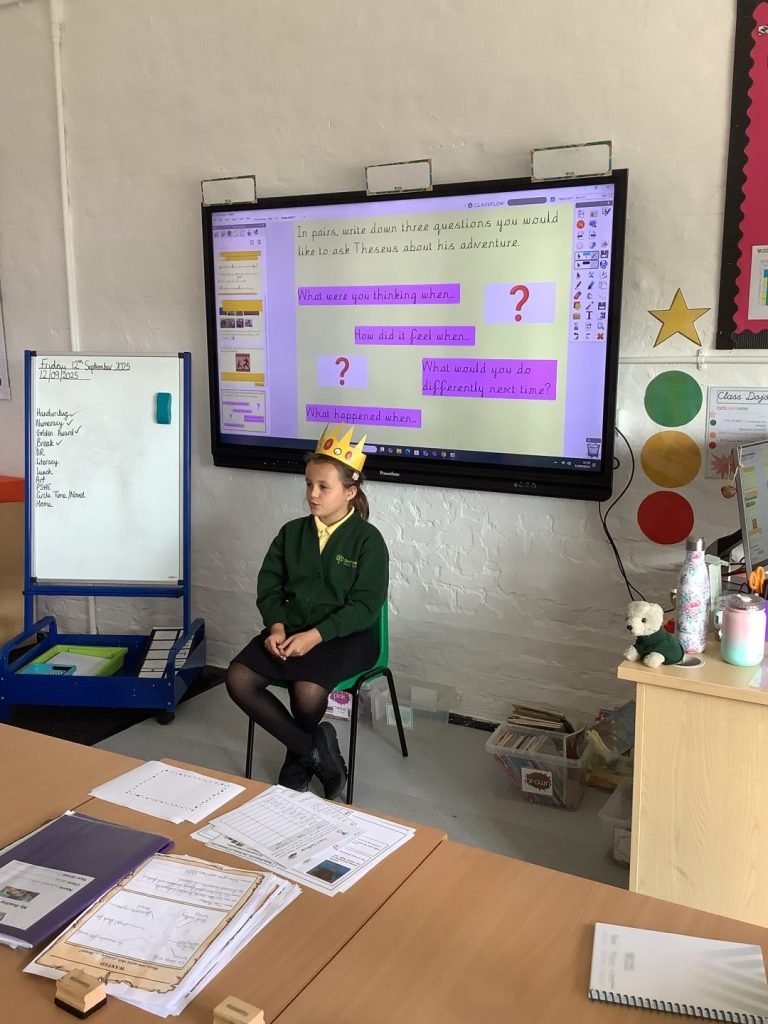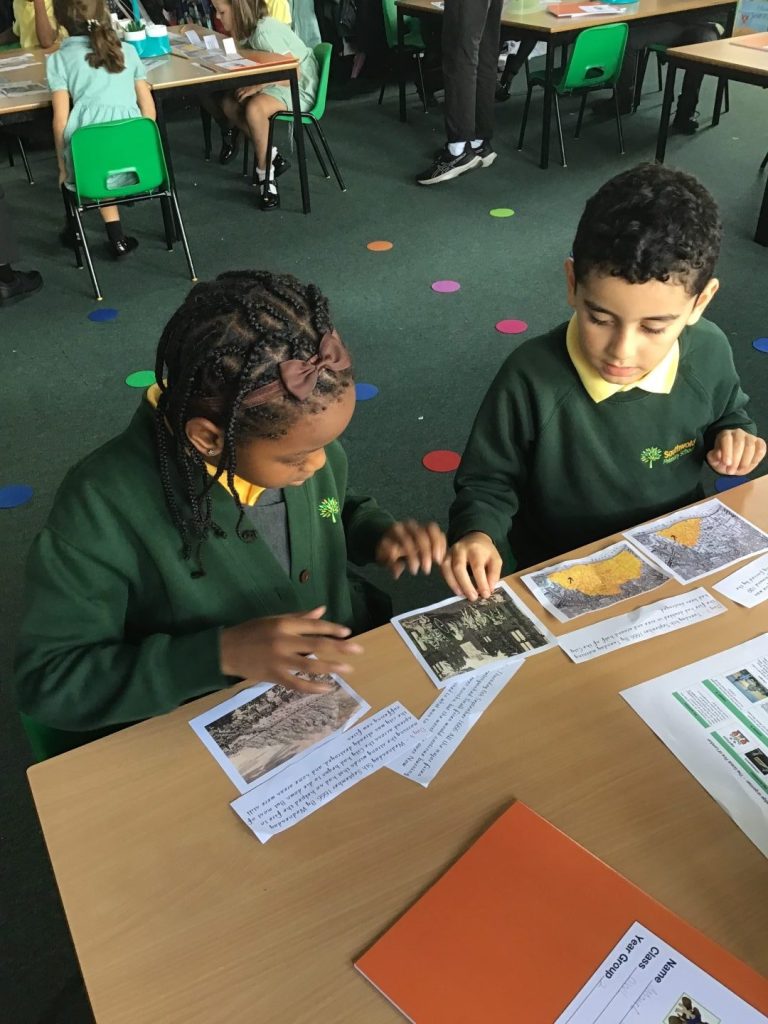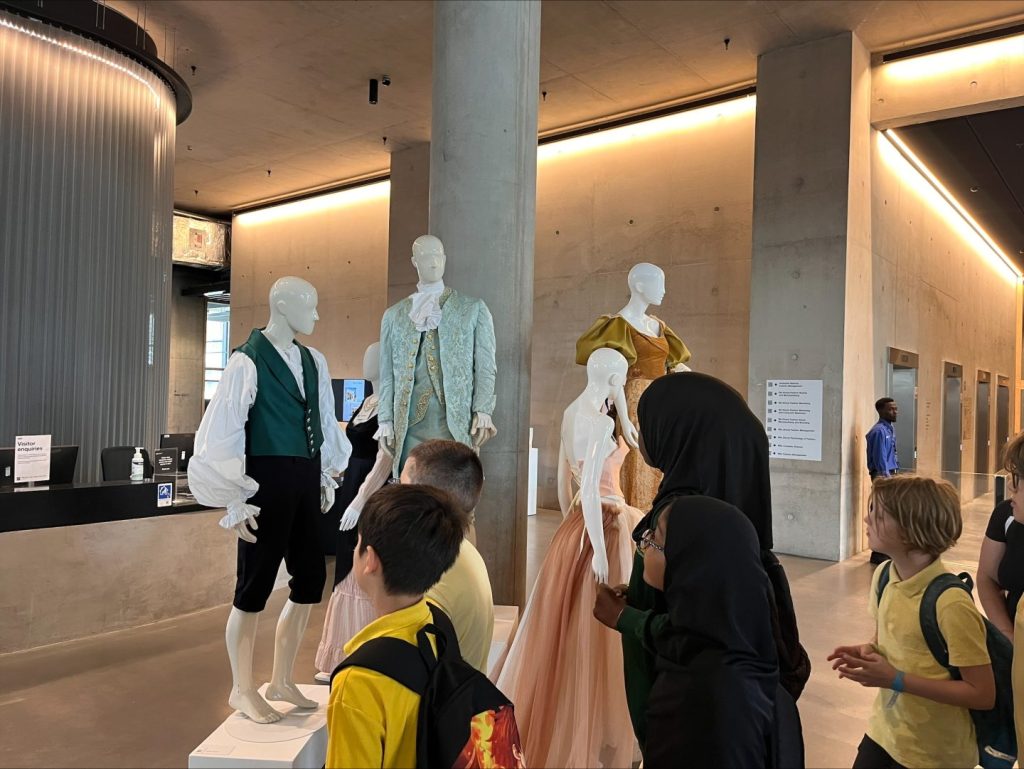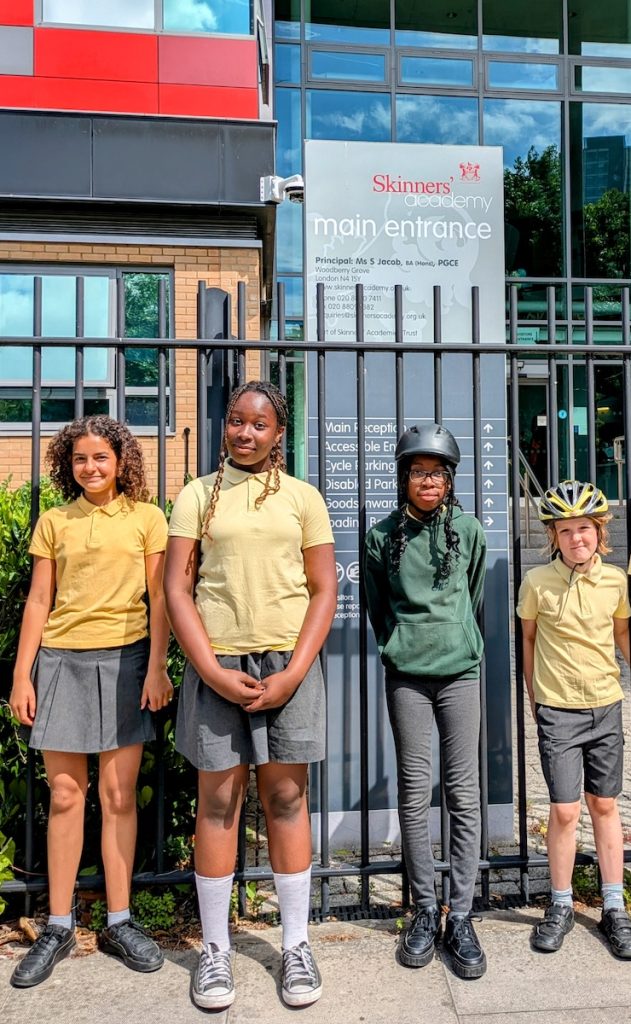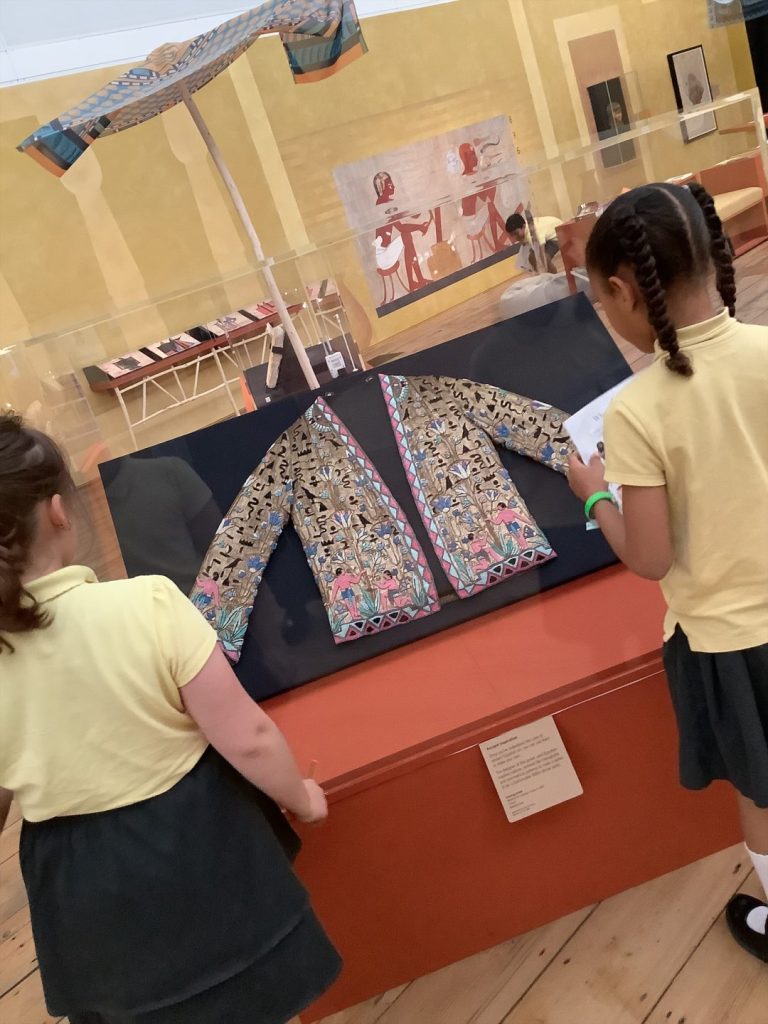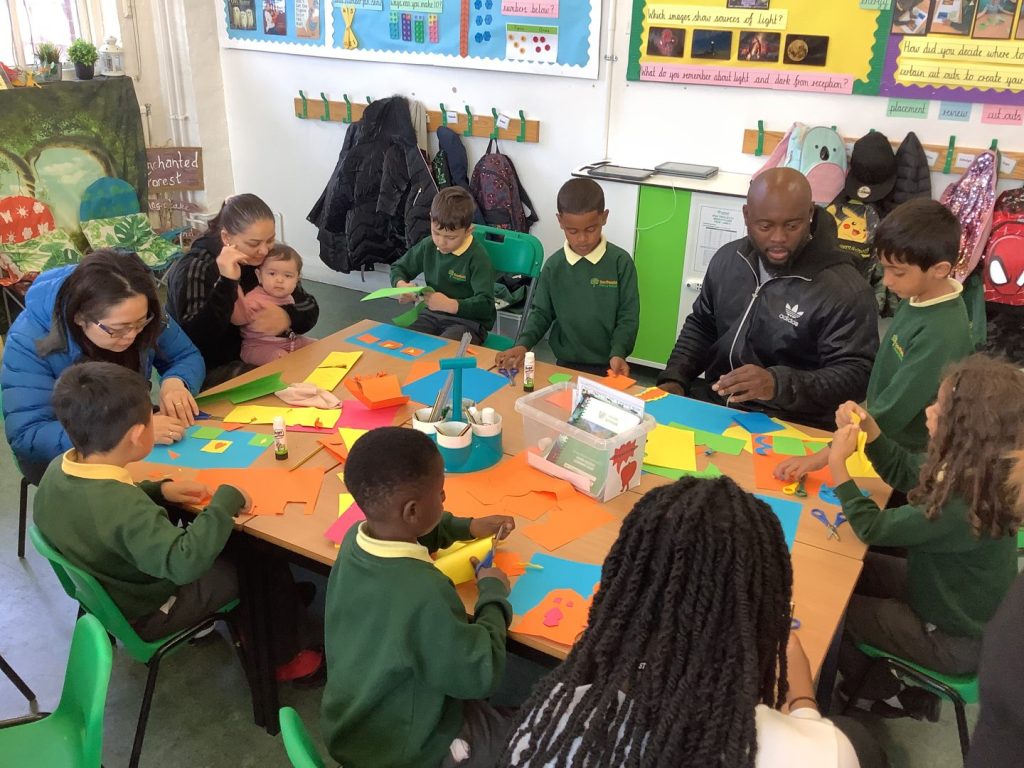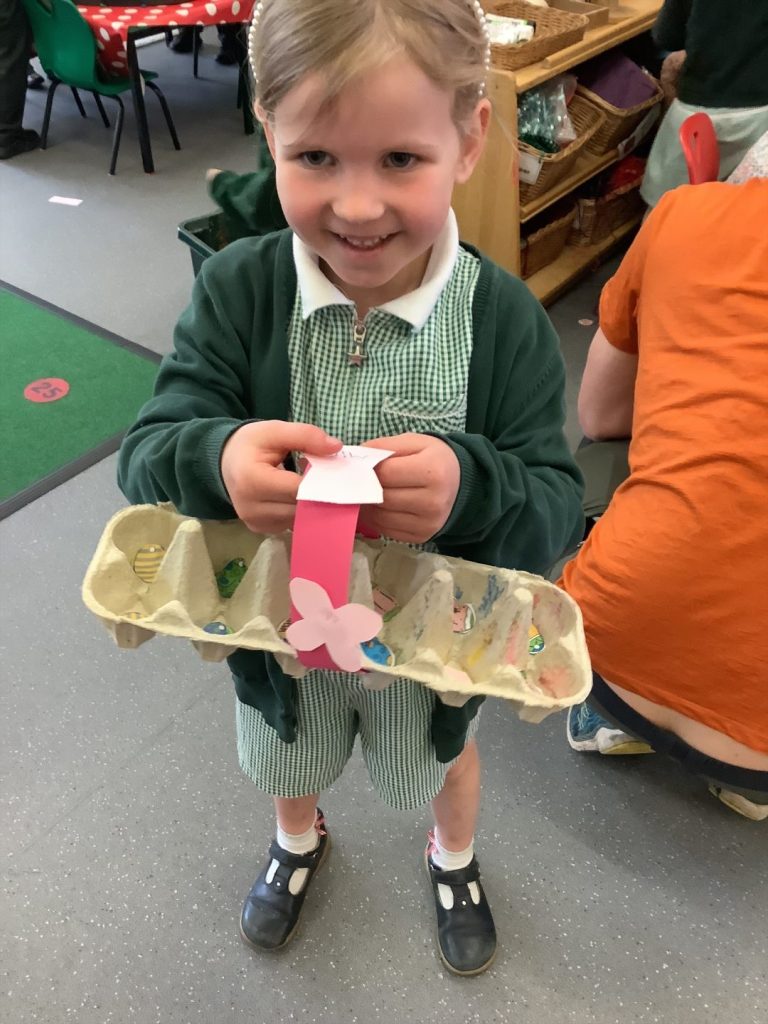Our Science curriculum is designed to cover all of the knowledge and understanding as set out in the National Curriculum. To ensure that children develop a secure knowledge that they can build on, our Science curriculum is organised into a progression model that outlines the knowledge, skills and vocabulary to be taught in a sequentially coherent way.
Working scientifically is at the heart of our ambitious Science curriculum; all children will develop skills to become confident scientists in order to aid their discoveries and develop problem-solving, teamwork and resilience. As children progress through school, they will acquire scientific knowledge and understanding of concepts through discovery and then be able to apply this to a range of contexts.
We want all of our children to:
- Develop scientific knowledge and conceptual understanding through the specific
- disciplines of biology, chemistry and physics
- Develop understanding of the nature, processes and methods of science through
- different types of science enquiries that help them to answer scientific questions about
- the world around them
- Be equipped with the scientific knowledge required to understand the uses and
- implications of science, today and for the future.
Core Elements of Science Teaching
- Engaging and inspiring investigations that encourage critical thinking and enquiry-based learning.
- High quality instruction and questioning with teachers providing carefully planned sequenced lessons that build on scientific knowledge and enquiry skills.
- Working practically with high-quality resources to answer scientific questions, apply knowledge and discover new learning.
- Analysis, presentation and evaluation of scientific data to draw valid conclusions.
- Retrieval of previous learning and explicit links through concepts that connect new learning with what the children already know.
- Enriching learning experiences through trips, workshops, visitors and high quality texts.
- High quality talk providing children with opportunities to discuss scientific thinking and to learn how to challenge and disagree respectfully giving thoughtful reasons for their views.
- Links to current and historical scientists and the impact of their work, and addressing stereotypes in a sensitive way.
- Carefully chosen and planned lessons and activities that are scaffold and adapted to ensure all children meet the intent of the Science curriculum.
Curriculum
Our EYFS follows the Early Years Foundation Stage framework. ‘Understanding the World’ involves guiding children to make sense of their physical world and their community through opportunities to explore, observe and find out about the natural world. The concept of Science and working scientifically is first introduced when children begin to make observations and drawings to understand important processes and changes in the natural world, for example, the seasons.
In Key Stage 1, children begin to experience and observe scientific ideas, looking more closely at the natural and humanly-constructed world around them.
In Lower Key Stage 2, children broaden their scientific view of the world around them by exploring, discussing, testing and developing ideas about everyday scientific concepts and the relationships between living things and familiar environments. Children begin to develop their ideas about functions, relationships and interactions.
In Upper Key Stage 2, children develop a deeper understanding of a wide range of scientific ideas through exploring and discussing their ideas, asking their own questions about scientific concepts, and analysing functions, relationships and interactions more systematically.
Cultural Capital
Children are offered a wide range of enriching and inspiring first-hand experiences, which are designed to develop their knowledge and understanding of the world around them. Book corners are well-resourced with a range of engaging texts and high-quality scientific resources and equipment are used to spark imagination and develop working scientifically skills. Cross-curricular learning experiences provide a variety of opportunities to practise and explore the same skills and understanding in different subject areas.
Educational trips, workshops and interactions with experts are carefully mapped out to develop children’ understanding that Science has changed our lives and that is it vital to the future of the world and its prosperity.
Many aspects of our teaching and learning in Science support the eco-curriculum and work towards maintaining the Green Flag Award. Each year we hold a Science day where the whole school works collaboratively on a theme and the children have the opportunity to share their learning at our annual Science Fair.
Accessibility for all children
Our expectation is that the majority of children will move through the programmes of study at broadly the same pace through supporting children with additional inputs, interventions, peer support and resources.
The ambitious and inclusive nature of the curriculum allows a range of access points that ensure all children, including those with special educational needs, succeed, regardless of their circumstances, with high expectations set for everyone.
For more information on our approach to teaching Science, please look at our coffee morning timetable for the next available session or make an appointment in the school office to speak with our Science subject leader.
